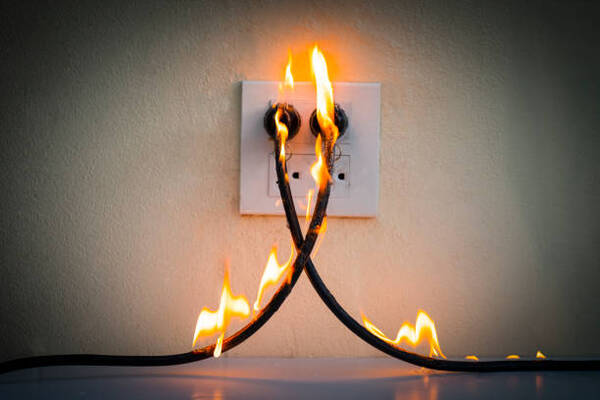- 1-905-452-8193
- Contact Us
- Member Login
- Get Listed Today
- 220,911 members

As an office worker in commercial electrical fitouts Sydney, you may be exposed to a variety of electrical hazards. These dangers can include electrocution, fires, and shocks. To protect yourself from these dangers, it is important to be aware of the potential hazards and take precautions to avoid them.
Electrocution is one of the most serious risks associated with electricity. This can occur when you come into contact with live wires or electrical equipment that is not properly grounded. If you work with electrically-powered equipment, it is important to follow all safety precautions to avoid electrocution.
Fires are another potential hazard in the office. They can be caused by electrical equipment that is not properly maintained or by faulty wiring. To reduce the risk of fire, it is important to ensure that all electrical equipment is in good working order and that any wiring is properly insulated.
Shock is another hazard that can occur when working with electricity. This can happen when you touch an object that is electrically charged or when you come into contact with a live wire. To avoid shocks, it is important to keep yourself and your work area clear of any electrical hazards.
Here are some vital tips to keep you and everyone else safe from any electrical hazards in your workplace
Inspect all cords and cables before use.
Before you plug in any cords or cables, it’s important to inspect them for signs of wear or damage. If you see any frayed wires, exposed metal, or other damage, do not use the cord or cable.
Do not overload outlets.
Overloaded outlets are one of the most common causes of electrical fires. So make sure to only plug in as many devices as your outlet can safely handle.
Use surge protectors.
Surge protectors can help protect your electronics from power surges that can damage delicate components.
Avoid using extension cords.
Extension cords are a common cause of electrical accidents. If you must use an extension cord, make sure it’s properly rated for the devices you’re plugging into it.
Unplug devices when not in use.
Even when devices are turned off, they can still draw power from the outlet. So unplug them when you’re not using them to save energy and prevent hazards.
Keep cords and cables away from water.
Water and electricity don’t mix. So make sure to keep all cords and cables away from any sources of water, like sinks, toilets, and coffee makers.
Use GFCI outlets in wet areas.
GFCI outlets are specially designed to be used in wet areas, like kitchens and bathrooms. So if you have any outlets in wet areas, make sure they’re GFCI outlets.
Don’t use damaged power outlets.
If a power outlet looks damaged, don’t use it. Damaged outlets can be a fire hazard, so it’s best to avoid them altogether.
Keep flammable materials away from heat sources.
Flammable materials like paper and fabric can catch fire easily, so it’s important to keep them away from heat sources like radiators and space heaters.
Don’t overload circuit breakers.
Circuit breakers are designed to trip when there’s too much electricity flowing through them. So if a circuit breaker trips, it’s likely because there’s too much electricity going to the devices on that circuit.
Know where your office’s main power shut-off is located.
In the event of a fire or other emergency, you may need to shut off the power to your office. So it’s important to know where your office’s main power shut-off is located.
Have an electrical safety plan in place.
Accidents can happen even when you’re being careful. So it’s important to have an electrical safety plan in place so you know what to do if an accident does occur.
By following the safety tips listed above, you can help prevent electrical hazards in your office. And if an accident does happen, you’ll be prepared to deal with it quickly and safely, taking steps to protect yourself and your workplace.
If you have any questions about electrical dangers, please speak to your supervisor or consult an electrician.
